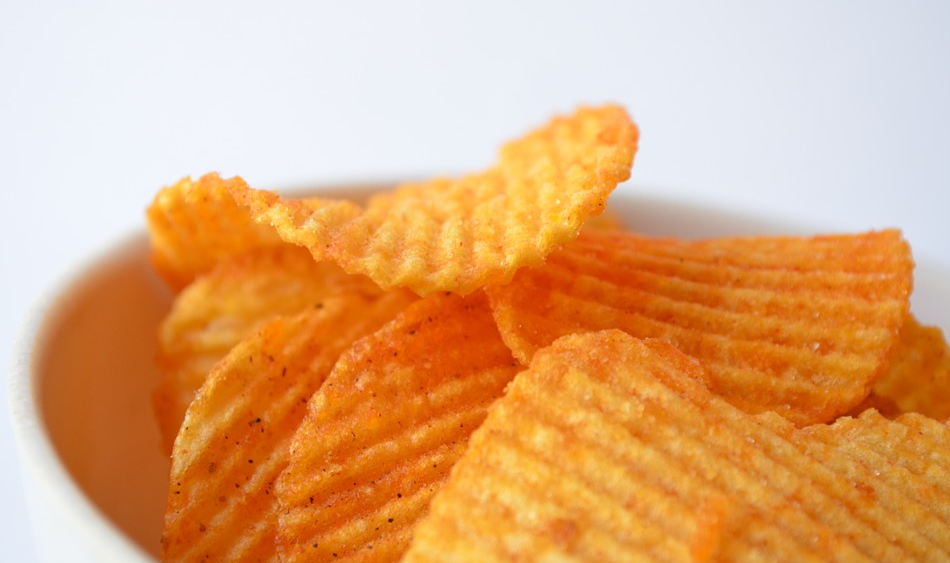
Advertisement
You may have noticed how processed foods taste more appealing than unrefined foods. This is all thanks to the addition of flavor enhancers, which bring out these foods’ natural flavor. Among the many flavor enhancers used in the food industry, the most well-known and widely used is the compound called MSG.
Monosodium glutamate or MSG is the sodium salt of glutamic acid, a non-essential amino acid that’s used by the body to produce proteins. MSG originated in Asia and was first derived from seaweed. Today, this flavor-enhancing compound is derived from fermented starch, sugar beets, sugar cane, or molasses, according to the US Food and Drug Administration (FDA).
The “umami” taste, also known as the fifth taste, is directly associated with MSG. While glutamic acid doesn’t have a characteristic taste, its sodium salt MSG can activate glutamate receptors in your tongue. These receptors then transmit signals to the brain, enabling you to taste that savory flavor often found in Asian foods.
But while MSG can make food taste better, it can also cause a variety of health problems. Numerous studies have found that MSG is particularly dangerous for your liver.
In a study published in the Journal of Autoimmunity, Japanese researchers found a connection between MSG and liver inflammation. They reported that MSG induces obesity and diabetes by causing liver inflammation and the accumulation of fats in mice. Another study involving some of the same researchers also found that MSG is a critical factor in obesity, even among people who eat a calorie-restricted diet.
MSG can also wreak havoc in the central nervous system (CNS). At high concentrations, MSG can overstimulate nerve cells and cause them to die prematurely. MSG can also disrupt blood circulation and impair the function of various organs in the neuroendocrine system. Studies also show that MSG in the CNS can pass through the blood-brain barrier and cause severe damage to the liver and kidneys.
If it’s so bad, why is it used in food?
With all this information available to the public, you may be wondering why food manufacturers still use this dangerous ingredient. The answer to this is simple: MSG can make people consume more food, which easily translates to higher sales. MSG can increase the appetite by boosting people’s taste buds, particularly umami — as demonstrated by a study conducted by researchers from the Tohoku University in Japan.
As people age, they lose their ability to taste umami and therefore their appetite decreases. But the Japanese researchers found that giving elderly people kelp tea restores their appetite, thanks to the abundance of MSG in it. By stimulating the production of saliva, which helps break down food into chemicals that the taste buds pick up, MSG was able to enhance the taste of food for the elderly and this caused their appetite to increase.
So, if there are certain foods that you always find yourself binging on, it’s possible that they contain MSG. These foods are designed to spur overeating and boost food sales.
Look out for hidden sources of MSG
Although MSG is commonly associated with Asian cuisine, it can also be found in a surprising number of everyday foods. If you want to avoid this dangerous chemical, check the labels carefully on products like soups, spices, snacks, chips and ready-made meals, as well as condiments like soy sauce and marinades.
It’s also important to keep in mind that the ingredient often appears under a different name on ingredients lists. For example, it may be listed as “yeast extract,” “textured protein,” “hydrolyzed vegetable protein” or “natural meat tenderizer.”
The best way to avoid MSG is by making your own food using natural, organic whole food ingredients. Taking matters into your own hands is the only way to give yourself peace of mind and ensure that what you’re consuming will enhance your health, not destroy it.
Sources:
Advertisements







